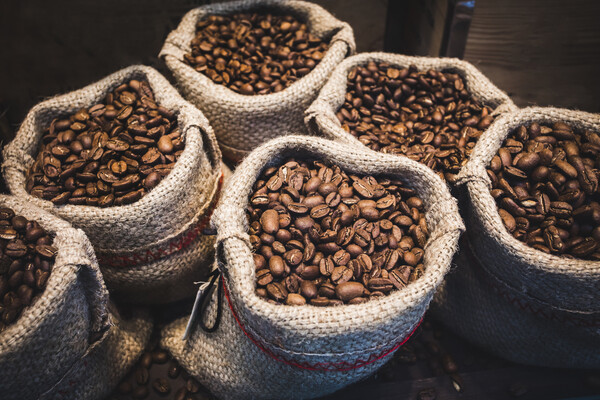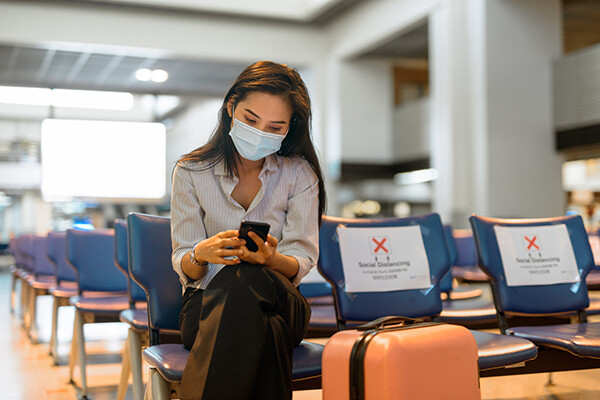
Articles from Michele W. Berger

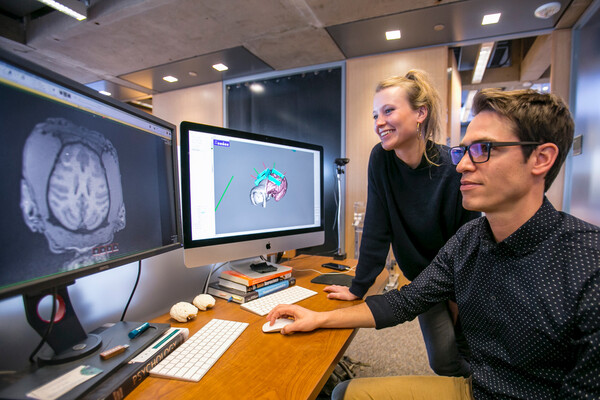
Sébastien Tremblay (front), a postdoctoral fellow in the Platt Labs, works in a specialized field of neuroscience called optogenetics, which shows clinical promise for treating conditions like epilepsy. To foster the open exchange of information, Tremblay spearheaded a crowd-sourced, free database that includes data from 45 labs in nine countries. (Pre-pandemic image: Kevin Monko)
Crowd-sourcing optogenetics data to tackle neurological diseases
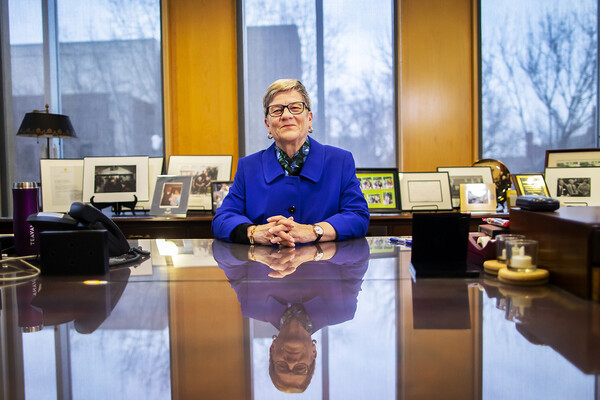
Kathleen Hall Jamieson is the Elizabeth Ware Packard Professor of Communication at the University of Pennsylvania’s Annenberg School for Communication, the Walter and Leonore Annenberg Director of the Annenberg Public Policy Center, and program director of the Annenberg Retreat at Sunnylands.
Mail-in ballots, foreign interference, and the 2020 election
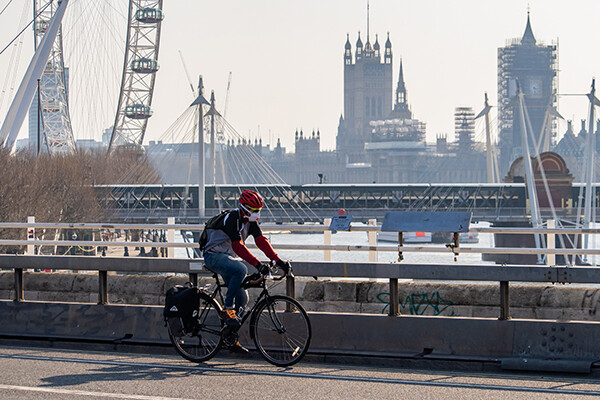
England, Wales, Scotland among nations with highest death toll from COVID-19 pandemic
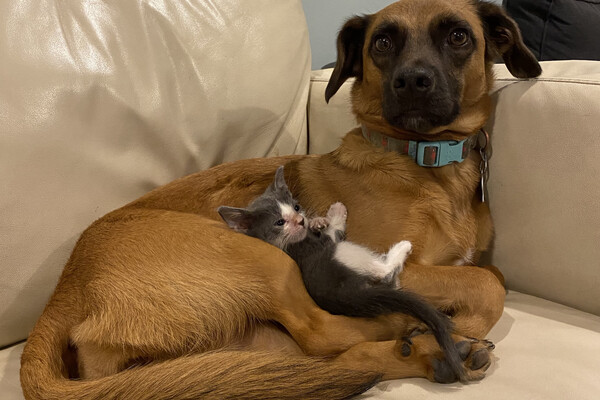
This summer, Morgan Hoke in Penn’s Anthropology department fostered four kittens, including Finch seen here, cuddling with Hoke’s dog Nuna. (Image: Courtesy Morgan Hoke)
Fostering kittens, plus more Side Gigs for Good
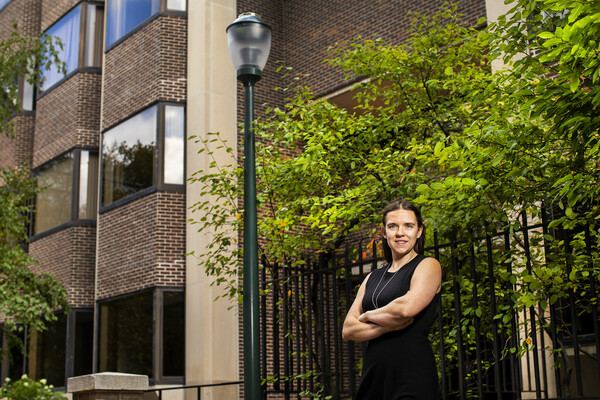
Aurélie Ouss is the Jerry Lee Assistant Professor of Criminology in the Department of Criminology in the School of Arts & Sciences.
Simple solutions reduce court no-shows, subsequent arrest warrants
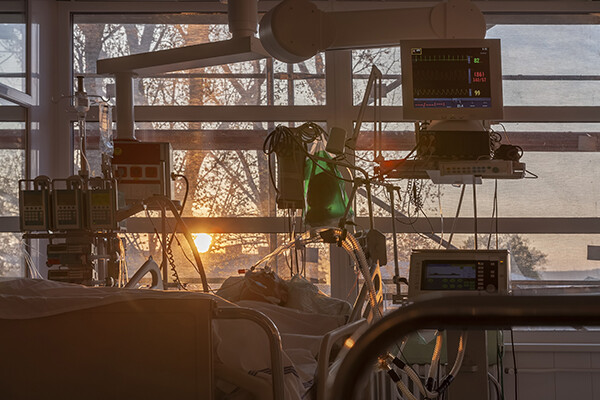
U.S. COVID deaths may be underestimated by 36%
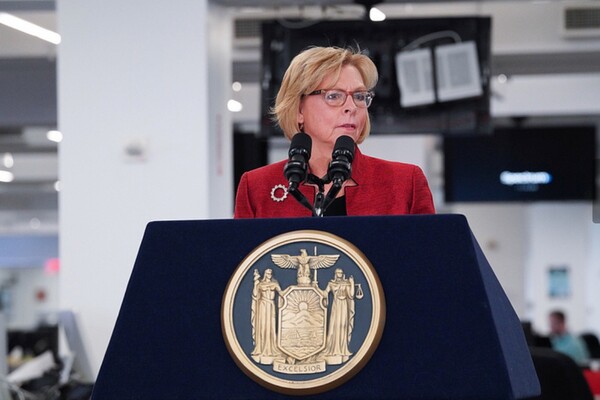
Marci Hamilton, the Robert A. Fox Leadership Program professor of practice, speaking on behalf of the Child Victims Act. (Photo: Courtesy of Marci Hamilton)
Across U.S. Catholic archdioceses, child protection policies vary widely
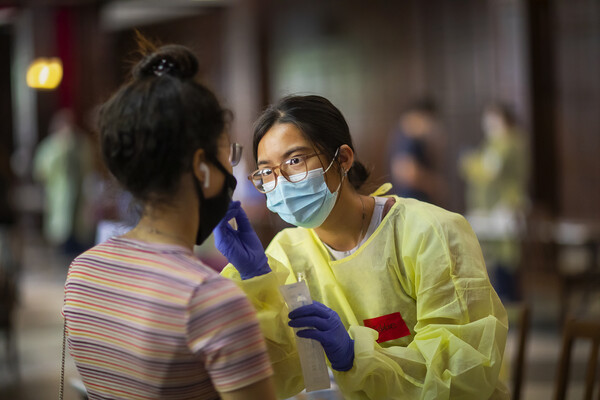
Students from the School of Nursing like fourth year Gabbie Domingo assisted in conducting COVID-19 tests at a temporary site in Houston Hall’s Hall of Flags. Between early August and Sept. 12, 2020, the health care team completed 13,097 tests.
Nursing student volunteers play critical role at campus COVID-19 testing site
